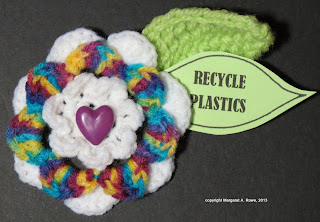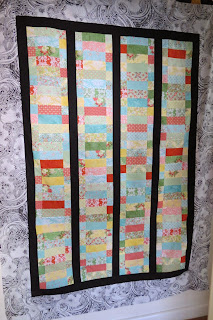1000 Flowers for the Planet - #28 Go Paperless
Firstly let me clarify that I mean ‘not
using paper in the first instance’ as opposed to ‘avoiding having a piece of
paper’. Many of the websites I’ve read to gather ideas for this Flower talk
about avoiding paper. For example, one suggestion is to take a snapshot (I
suppose that means a photo on your smart phone) of a receipt when you make a
purchase and not take the receipt home. Another was to scan a document for
electronic storage and then throw away the document. This does not prevent the
creation of paper usage in the first instance and defeats the objective. In
fact, to present ideas such as these as environmental solutions is
irresponsible.
Let’s make this one a challenge. For one
week (two if you can and a lifetime would be even better), unplug the printer,
remove all pieces of paper, pens and pencils and put them away for now, then
see how you go NOT using paper. See if you can find solutions to the problems
you think you face. Yesterday’s Flower will help.
Also look at every paper item that comes
into your house uninvited and think of a way to prevent it happening in the
future. If you’re holding something you don’t have time to read, ask whoever
delivered it to you to remove you from their database or cancel the
subscription. It will feel so much better not to have all that paperwork around
demanding your attention unnecessarily. De-clutter. It will feel good.
Do you really have time to read the
newspaper? What percentage of all those pages would you actually read? Can you
hear about what’s happening around you in some other way – radio, TV?
Try to feel sad when you put a piece of
paper in your recycling bin – just for a while to see if you can change your
mindset. If you feel sad, perhaps you can take the next step to thinking about how that piece of paper
came into your life in the first place and then how you could have avoided it.
An ounce of prevention is better than a
pound of cure.






























